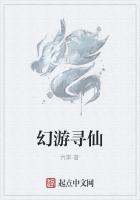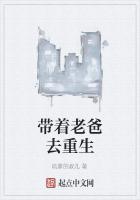I first saw the light in the city of Boston in the year 1857.
"What!" you say, "eighteen fifty-seven? That is an odd slip. He means nineteen fifty-seven, of course." I beg pardon, but there is no mistake. It was about four in the afternoon of December the 26th, one day after Christmas, in the year 1857, not 1957, that Ifirst breathed the east wind of Boston, which, I assure the reader, was at that remote period marked by the same penetrating quality characterizing it in the present year of grace, 2000.
These statements seem so absurd on their face, especially when I add that I am a young man apparently of about thirty years of age, that no person can be blamed for refusing to read another word of what promises to be a mere imposition upon his credulity. Nevertheless I earnestly assure the reader that no imposition is intended, and will undertake, if he shall follow me a few pages, to entirely convince him of this. If I may, then, provisionally assume, with the pledge of justifying the assumption, that I know better than the reader when I was born, I will go on with my narrative. As every schoolboy knows, in the latter part of the nineteenth century the civilization of to-day, or anything like it, did not exist, although the elements which were to develop it were already in ferment. Nothing had, however, occurred to modify the immemorial division of society into the four classes, or nations, as they may be more fitly called, since the differences between them were far greater than those between any nations nowadays, of the rich and the poor, the educated and the ignorant. I myself was rich and also educated, and possessed, therefore, all the elements of happiness enjoyed by the most fortunate in that age. Living in luxury, and occupied only with the pursuit of the pleasures and refinements of life, Iderived the means of my support from the labor of others, rendering no sort of service in return. My parents and grand-parents had lived in the same way, and I expected that my descendants, if I had any, would enjoy a like easy existence.
But how could I live without service to the world? you ask.
Why should the world have supported in utter idleness one who was able to render service? The answer is that my great-grandfather had accumulated a sum of money on which his descendants had ever since lived. The sum, you will naturally infer, must have been very large not to have been exhausted in supporting three generations in idleness. This, however, was not the fact.
The sum had been originally by no means large. It was, in fact, much larger now that three generations had been supported upon it in idleness, than it was at first. This mystery of use without consumption, of warmth without combustion, seems like magic, but was merely an ingenious application of the art now happily lost but carried to great perfection by your ancestors, of shifting the burden of one's support on the shoulders of others.
The man who had accomplished this, and it was the end all sought, was said to live on the income of his investments. To explain at this point how the ancient methods of industry made this possible would delay us too much. I shall only stop now to say that interest on investments was a species of tax in perpetuity upon the product of those engaged in industry which a person possessing or inheriting money was able to levy. It must not be supposed that an arrangement which seems so unnatural and preposterous according to modern notions was never criticized by your ancestors. It had been the effort of lawgivers and prophets from the earliest ages to abolish interest, or at least to limit it to the smallest possible rate. All these efforts had, however, failed, as they necessarily must so long as the ancient social organizations prevailed. At the time of which I write, the latter part of the nineteenth century, governments had generally given up trying to regulate the subject at all.
By way of attempting to give the reader some general impression of the way people lived together in those days, and especially of the relations of the rich and poor to one another, perhaps I cannot do better than to compare society as it then was to a prodigious coach which the masses of humanity were harnessed to and dragged toilsomely along a very hilly and sandy road. The driver was hunger, and permitted no lagging, though the pace was necessarily very slow. Despite the difficulty of drawing the coach at all along so hard a road, the top was covered with passengers who never got down, even at the steepest ascents. These seats on top were very breezy and comfortable. Well up out of the dust, their occupants could enjoy the scenery at their leisure, or critically discuss the merits of the straining team. Naturally such places were in great demand and the competition for them was keen, every one seeking as the first end in life to secure a seat on the coach for himself and to leave it to his child after him. By the rule of the coach a man could leave his seat to whom he wished, but on the other hand there were many accidents by which it might at any time be wholly lost. For all that they were so easy, the seats were very insecure, and at every sudden jolt of the coach persons were slipping out of them and falling to the ground, where they were instantly compelled to take hold of the rope and help to drag the coach on which they had before ridden so pleasantly. It was naturally regarded as a terrible misfortune to lose one's seat, and the apprehension that this might happen to them or their friends was a constant cloud upon the happiness of those who rode.

